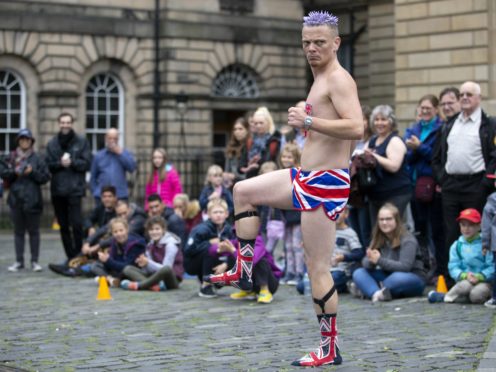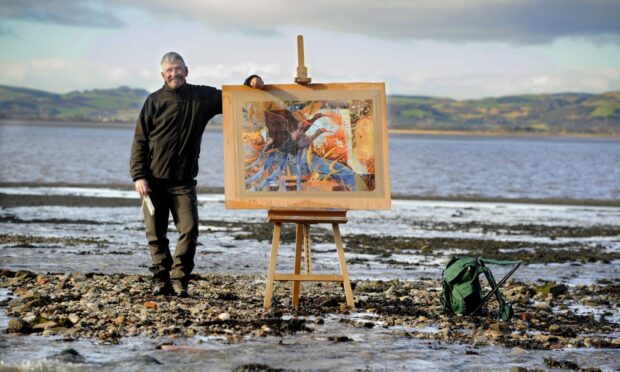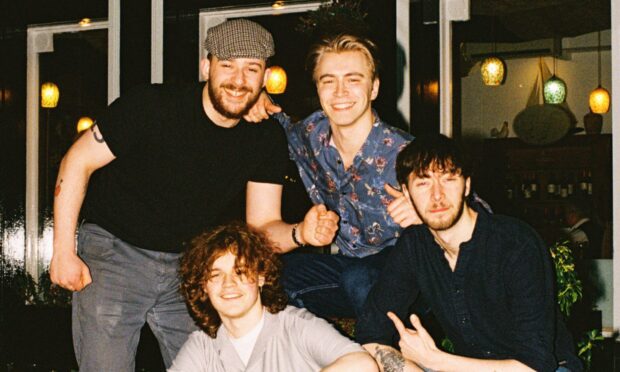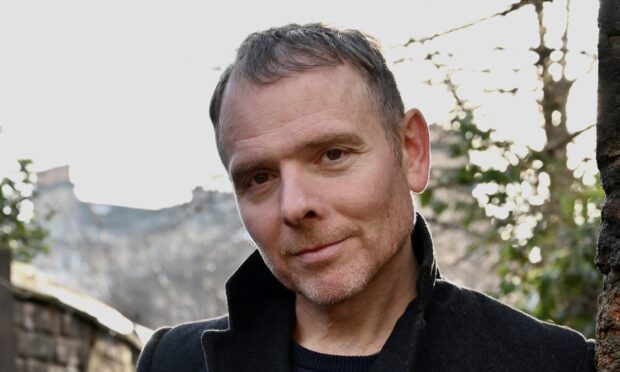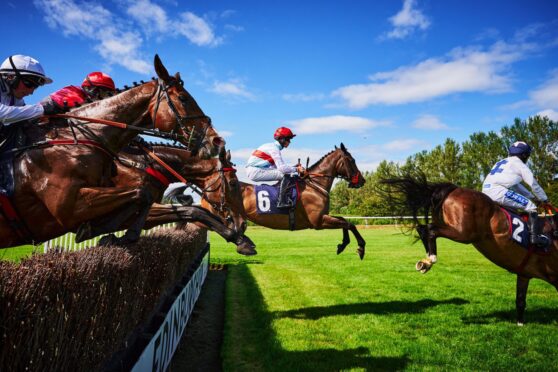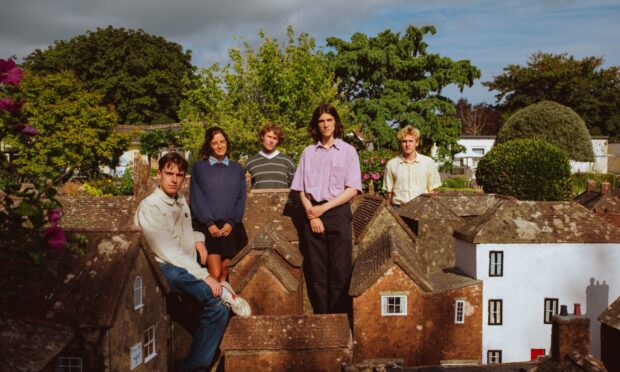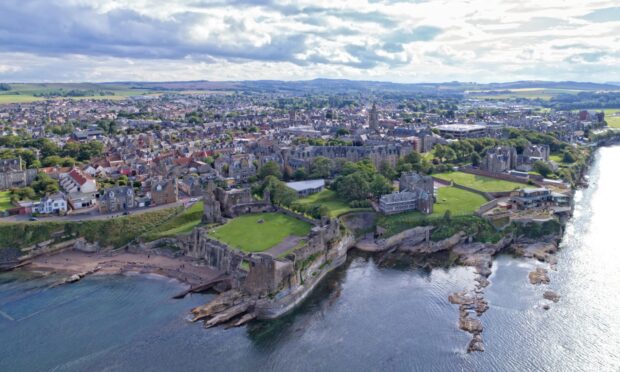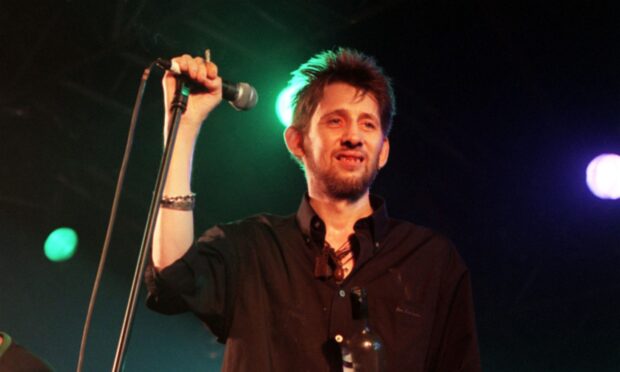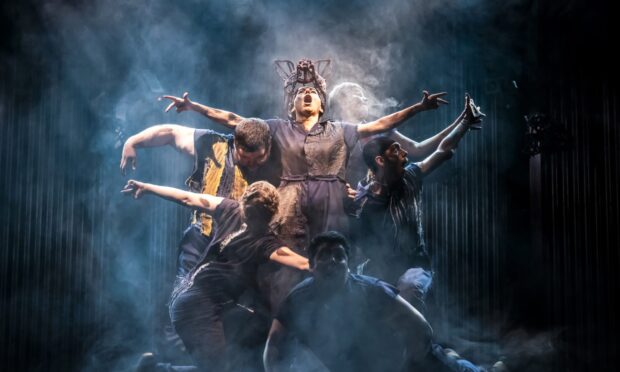Edinburgh’s festivals have “not been used properly” and have been turned into a “moneymaking machine”, a leading figure in the arts world has claimed.
Richard Demarco said the famous gathering had been an “almost miraculous” gift to the Scottish capital in the aftermath of the Second World War, and had been established to try to “heal the terrifying wounds ” that resulted from the conflict.
But he said he did not think the benefits of it had been spread to every part of the country.

The 88-year-old told MSPs on Holyrood’s Culture Committee: “I don’t think we’ve used it properly and right now it is simply a moneymaking machine which enables something like 2,000 stand-up comics to feel reassured they have a future.”
Mr Demarco, an artist who went on to set up a gallery and also co-founded the Traverse Theatre in Edinburgh, said he had “clear memories” of the Second World War and also spoke about the “rationing of food and the rationing of clothes” that carried on after the end of the conflict.
He said: “I have very clear memories of something called the Second World War and the Cold War and what Scotland was all about when in 1947, as a result of the war, there came into being a great gift, which was unexpected, almost miraculous, which was given to the people of Scotland in the name of the Edinburgh Festival.
“It brought an international stage to this country which has never been given to any other country in Europe.
“It was like being given the space of the Olympics, it was an arts or cultural Olympiad we were given.”
Edinburgh International Festival was set up in 1947, with the beginnings of the Edinburgh Festival Fringe emerging alongside it.
The city’s film festival was also set up in the same year.
Mr Demarco said: “I think culture should be identified with what caused the Edinburgh Festival to come into being, which is another word – and that is healing.
“The Edinburgh Festival came into being not because people wanted to make money or to develop a tourist industry but because the world was in desperate need of finding out how it could possibly consider a future.
“It was the year 1947, two years after the disaster, the tragedy, of the Second World War and it came into being because the Lord Provost knew full well then it was about the flowering of the human spirit and it was about the need to heal the terrifying wounds that society was enduring at that time.”
